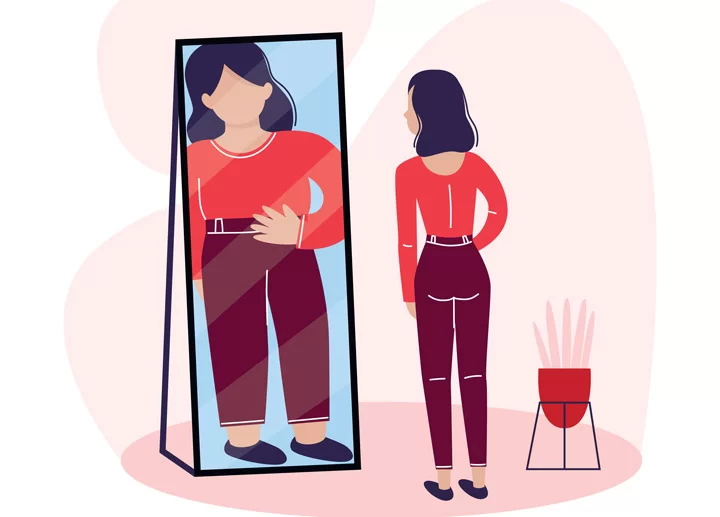Supporting someone with an eating disorder, especially during Ramadan, requires patience, understanding, and sensitivity. It’s essential to recognize that eating disorders are complex mental health conditions that often stem from a combination of biological, psychological, and social factors.
When approaching someone with an eating disorder during Ramadan, it’s crucial to prioritize their well-being and recovery above all else. Here are some tips based on my experience:
- Empathize and validate their feelings: Let them know that you understand the challenges they are facing and that it’s okay to struggle. Validate their experiences and emotions without judgment.
- Encourage open communication: Create a safe and non-judgmental space where they feel comfortable discussing their thoughts and feelings about food, fasting, and their eating disorder. Encourage them to express their concerns and fears openly.
- Educate yourself and others: Take the time to educate yourself about eating disorders, including their causes, symptoms, and treatment options. This will help you better understand what your loved one is going through and how you can support them effectively. Additionally, educate others in your community about eating disorders to reduce stigma and promote empathy and understanding.
- Encourage professional help: Eating disorders often require professional treatment from a multidisciplinary team, including therapists, dietitians, and medical professionals. Encourage your loved one to seek professional help and offer to support them in finding a qualified therapist or treatment program.
- Promote self-care and self-compassion: Encourage your loved one to prioritize self-care and self-compassion during Ramadan. Remind them that their worth is not determined by their weight or appearance and encourage them to engage in activities that bring them joy and relaxation.
- Monitor their physical health: While fasting during Ramadan, it’s essential to monitor your loved one’s physical health closely, especially if they have a history of medical complications related to their eating disorder. Encourage them to listen to their body and seek medical attention if they experience any concerning symptoms.
- Be patient and supportive: Recovery from an eating disorder is a challenging and often long-term process. Be patient with your loved one and offer them unwavering support throughout their journey. Celebrate their progress, no matter how small, and remind them that you are there for them every step of the way.
Overall, supporting someone with an eating disorder during Ramadan requires compassion, understanding, and a willingness to learn and grow together. By providing unconditional support and encouragement, you can play a vital role in helping your loved one navigate their recovery journey and find healing and peace.



